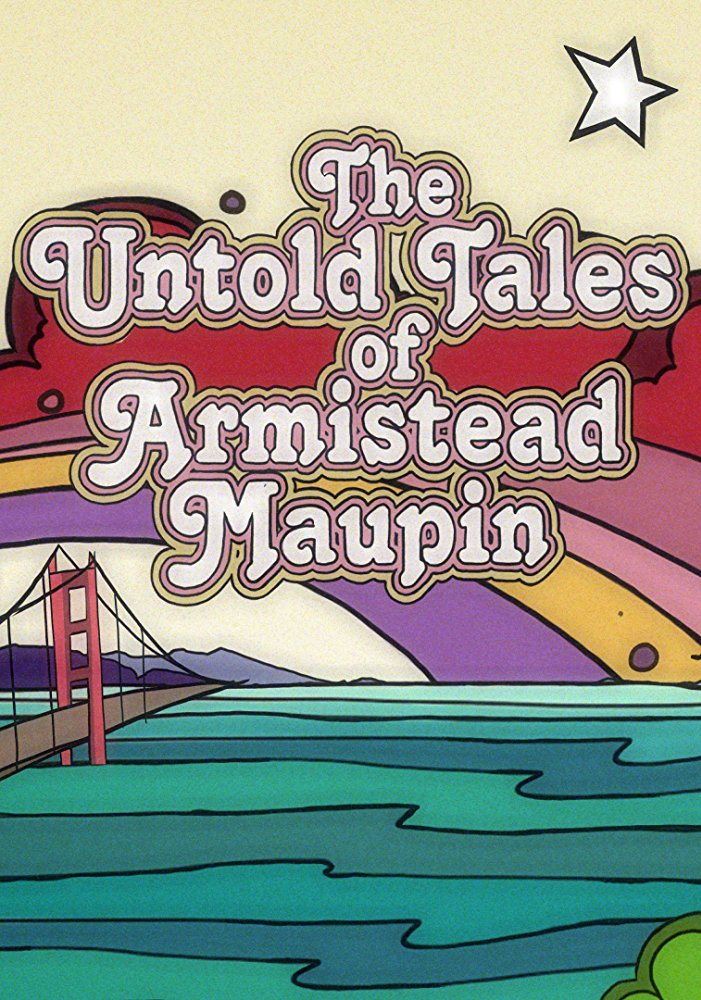The Coen Brothers know what they’re doing.
They’ve got a formula, and they stick to it pretty well. If you haven’t noticed said formula yet, I strongly encourage you to see Fargo, The Man Who Wasn’t There, O Brother Where Art Thou, and True Grit. It usually involves a time period that’s not the present, intricately crafted characters who may or may not all meet, and humor at unexpected moments.
Hail, Caesar! is no exception to this. The acting is stellar, the cinematography brilliant and beautiful, and the dialogue is pretty fantastic. You’ll find yourself alternating between “holy shit I love that actor!” and “I totally know that face from other stuff!” *checks IMDb*
Word to the wise: Do NOT see this if you haven’t studied history or didn’t pay attention in class. You’ll be sorry. The entire shebang takes place in the 1950s, when McCarthyism ruled and people of color didn’t exist in White America (to an extent). And forget about LGBT folks; they also didn’t exist as far as anyone in control was concerned. You’ll probably even miss out if you know nothing of film making history.
Narrated by a voice bringing to mind Vincent Price and the Universal Studios monster films (Michael Gambon), we follow Eddie Mannix, a typical middle-aged family man struggling to maintain his sanity amid the chaos of Hollywood’s film industry. At the time, movies were produced with increasingly higher budgets, with musical numbers akin to Broadway, due to fear of the burgeoning television medium. He’s good at what he does: He’s the go-to guy to handle all the crap no one else can. Over the course of the film, we meet actors, directors, columnists, and one film editor delightfully played by Frances McDormand, whose lives are all tied together by Capitol Pictures. Capitol has spent an unnamed large sum of money to produce its greatest film yet, Hail, Caesar!, which is actually about Jesus Christ. Somewhere along the way there’s probably a statement about the studio attempting to create something artful amid the omnipresent showboating. We’re given the opposing ends of the spectrum with an Academy-caliber production and frivolous, poorly written pieces. Caesar was slated to be somewhere in between.
People who like flaming men will snicker at Channing Tatum’s intentional melodramatic acting. There’s even a “This isn’t that kind of film!” comment when a song & dance number gets a little too gay among sailors. Gritty ’50s coloration is celebrated throughout, and if you know anything about Old Hollywood and film making, you’ll see that the entire thing is a love letter to the time. In fact, Frances McDormand’s editing room scene is probably one of the best.
True to Coen Brothers form, humor is dotted and dashed, subtle and vivid. But don’t expect to get every joke or nod; this one may require a second viewing in order to pick up everything.
All in all, I left the theater feeling a little empty. The film is enjoyable, and I do encourage people to see it. Yet it feels like one of those things where all the elements are there, but I felt no attachment to it. It’s worth a matinee price, and there’s inherently nothing wrong with it, but it reads like I wasn’t presented with a reason to care beyond seeing a reenactment of some Old Hollywood glory days. Go see it if you have a true love for the history of cinema, but don’t expect to be wowed beyond belief.



















